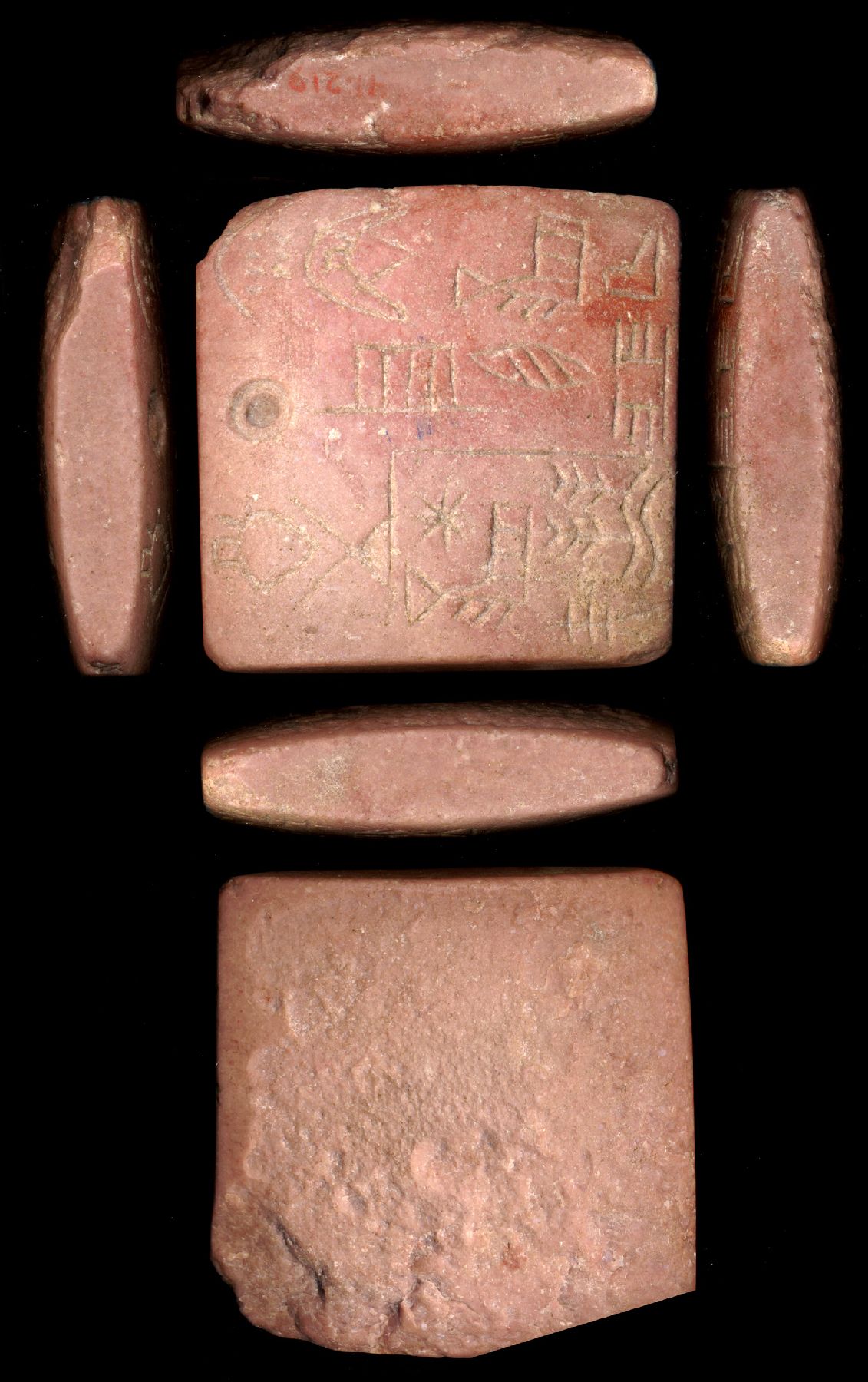|
River Of Paradise
Hubur () is a Sumerian language, Sumerian term meaning "river", "watercourse" or "netherworld", written ideographically with the cuneiform signs . It is usually the "river of the netherworld". Usage and meaning A connection to Tiamat has been suggested with parallels to her description as "Ummu-Hubur". Hubur is also referred to in the Enuma Elish as "mother sea Hubur, who fashions all things". The river Euphrates has been identified with Hubur as the source of fertility in Sumer. This Babylonian "river of creation" has been linked to the Hebrew "river of paradise". Gunkel and Zimmern suggested resemblance in expressions and a possible connection between the Sumerian river and that found in later literary tradition in the Book of Ezekiel () likely influencing imagery of the "River of Water of Life" in the Apocalypse (). They also noted a connection between the "Water of Life" in the legend of Adapa and a myth translated by A.H. Sayce called "An address to the river of creation". ... [...More Info...] [...Related Items...] OR: [Wikipedia] [Google] [Baidu] |
Sumerian Language
Sumerian is the language of ancient Sumer. It is one of the oldest attested languages, dating back to at least 3000 BC. It is accepted to be a local language isolate and to have been spoken in ancient Mesopotamia, in the area that is modern-day Iraq. Akkadian, a Semitic language, gradually replaced Sumerian as a spoken language in the area around 2000 BC (the exact date is debated), but Sumerian continued to be used as a sacred, ceremonial, literary and scientific language in Akkadian-speaking Mesopotamian states such as Assyria and Babylonia until the 1st century AD. Thereafter it seems to have fallen into obscurity until the 19th century, when Assyriologists began deciphering the cuneiform inscriptions and excavated tablets that had been left by its speakers. Stages The history of written Sumerian can be divided into several periods: *Archaic Sumerian – 31st–26th century BC *Old or Classical Sumerian – 26th–23rd century BC *Neo-Sumerian – 23rd–21 ... [...More Info...] [...Related Items...] OR: [Wikipedia] [Google] [Baidu] |
